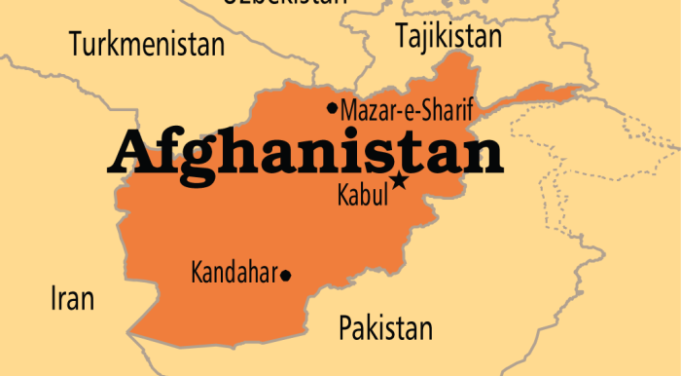In a display of capital punishment, four men were publicly executed across three Afghan provinces on Friday, marking the highest number of public executions in a single day since the Taliban reclaimed power in 2021, according to the country’s Supreme Court.
The executions were carried out in front of crowds at sports stadiums in Badghis, Nimroz, and Farah provinces.
The Taliban said the men had been convicted of murder and sentenced to “qisas”, a form of retributive justice under Islamic law that allows victims’ families to demand the death penalty.
In Qala-i-Naw, the capital of Badghis province, two of the men were shot multiple times by relatives of their victims, as dozens of people looked on.
Eyewitnesses described a grim scene where the men were made to sit facing away from the crowd before being executed.
“They sat with their backs to the spectators, and the victims’ relatives stood behind and shot them,” said Mohammad Iqbal Rahimyar, a witness at the scene.
Official notices had been distributed a day earlier, encouraging locals to attend the executions.
The Taliban Supreme Court stated the cases had been “thoroughly examined,” and the families had declined to grant amnesty to the convicts.
In separate incidents, another man was executed in Zaranj, the capital of Nimroz province, and a fourth was put to death in Farah city.
Some spectators voiced support for the executions, viewing them as a demonstration of law and order under Taliban rule.
“It’s good that the Islamic Emirate shows its politics and force,” said Javid, a 30-year-old man who attended one of the executions.
However, human rights organisations, including Amnesty International, swiftly condemned the actions.
Amnesty described the public executions as a “gross affront to human dignity,” and reiterated concerns about the Taliban’s disregard for fair trial standards and international human rights norms.
Public executions were common under the Taliban’s first regime from 1996 to 2001, with many held in stadiums and drawing large crowds.
The group has resumed the practice since returning to power, despite international condemnation.
The latest executions bring the total number of public deaths under the Taliban to 10 since 2021, based on an AFP count.
The previous such case occurred in November 2024, when a man convicted of murder was shot in front of a crowd that included top Taliban officials.
Corporal punishment — including public floggings — remains widespread for offenses such as theft, adultery, and drinking alcohol.
Execution orders require the approval of the Taliban’s elusive Supreme Leader, Hibatullah Akhundzada, who in 2022 instructed judges to fully enforce the group’s strict interpretation of Islamic law.
Rights groups continue to urge the international community to pressure the Taliban to halt executions and other forms of corporal punishment.
Amnesty’s recent global report on capital punishment highlighted Afghanistan’s lack of fair trial standards, placing it among countries with serious human rights concerns.

















